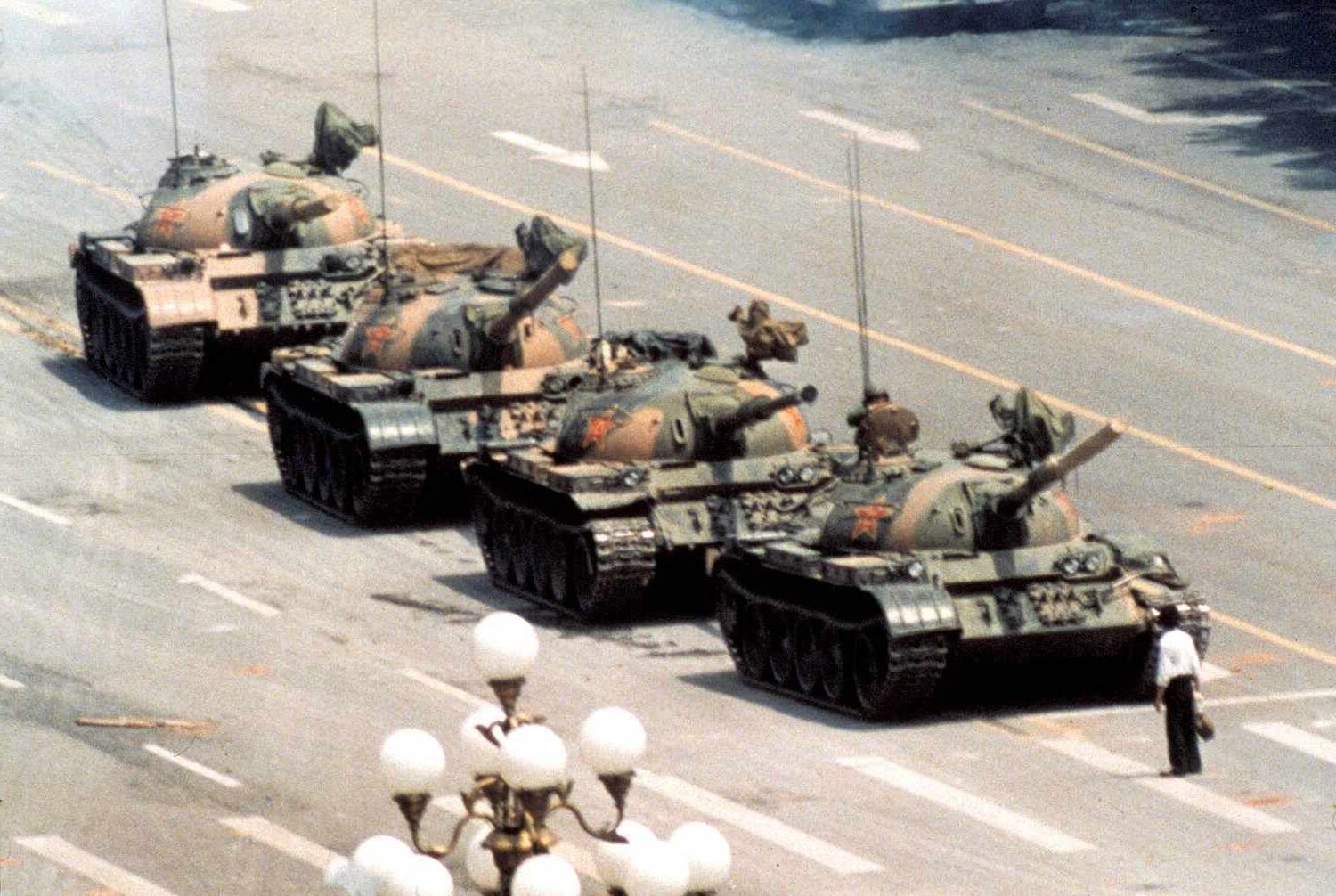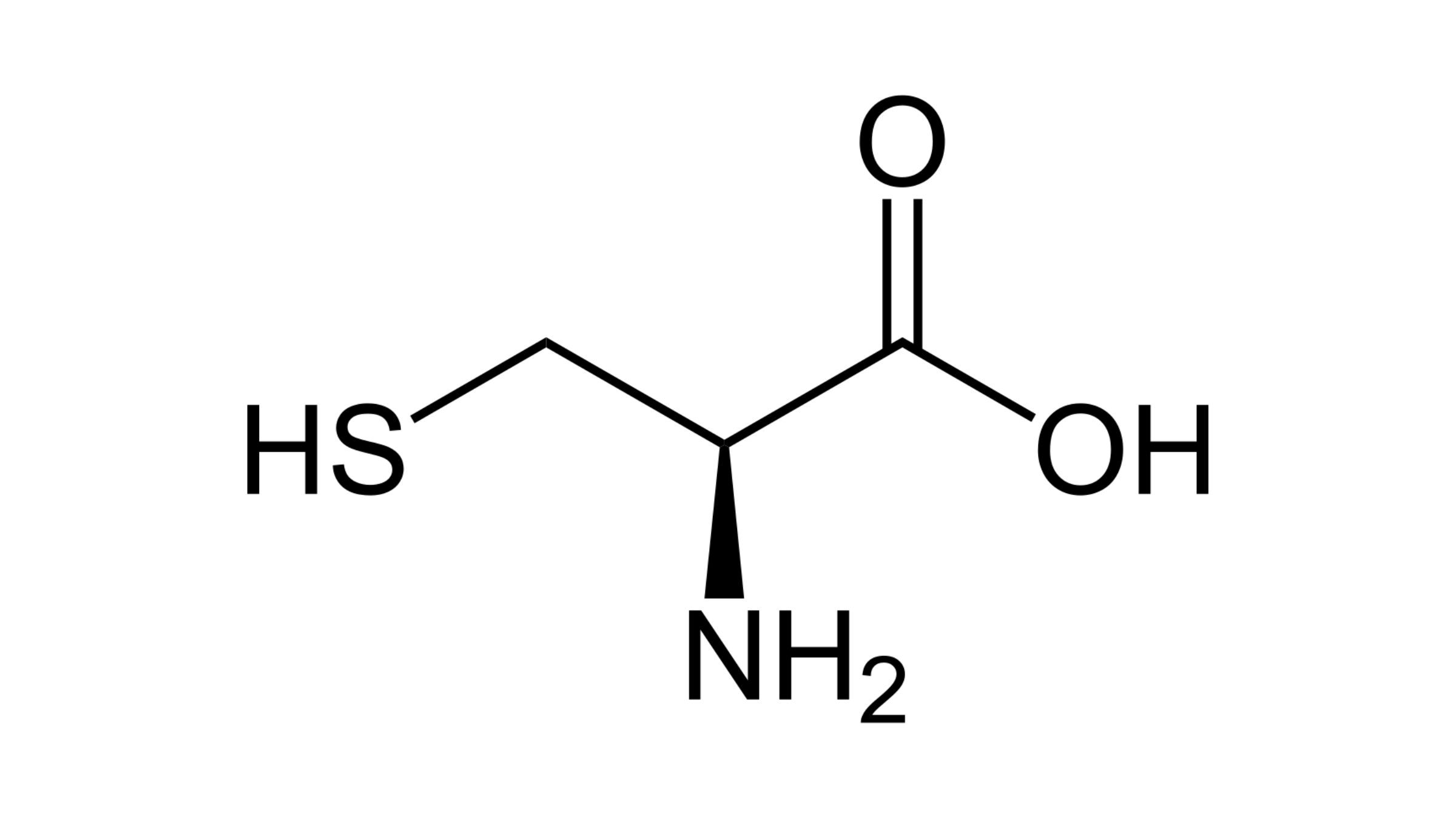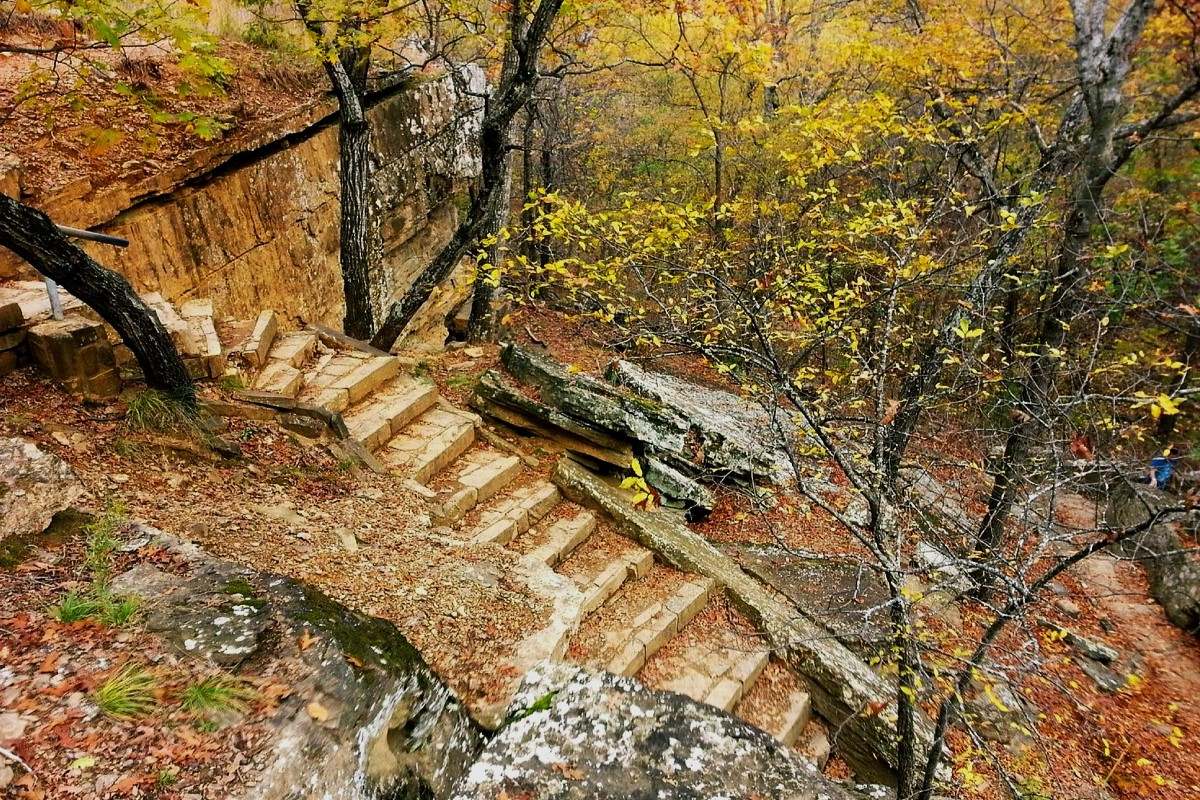
What happened during the Tiananmen Square Massacre? On June 4, 1989, Beijing's Tiananmen Square became the epicenter of a brutal crackdown. Thousands of students, workers, and citizens had gathered to demand political reform and greater freedoms. The Chinese government responded with military force, deploying tanks and armed troops to disperse the protesters. Hundreds, possibly thousands, were killed in the chaos that ensued, though the exact number remains unknown due to strict censorship. The event left an indelible mark on Chinese history, symbolizing the government's intolerance for dissent. Tiananmen Square Massacre remains a heavily censored topic in China, but its memory persists globally as a stark reminder of the struggle for democracy and human rights.
Key Takeaways:
- The Tiananmen Square Massacre in 1989 saw a million protesters calling for reforms, met with military force and censorship. It remains a symbol of the fight for democracy and human rights in China.
- The massacre's impact led to global condemnation, inspiring art and activism. It serves as a reminder of the ongoing struggle for freedom and justice in China and around the world.
The Tiananmen Square Massacre: A Historical Overview
The Tiananmen Square Massacre remains one of the most significant and tragic events in modern Chinese history. It occurred in 1989 and has left a lasting impact on China and the world. Here are some key facts about this pivotal moment.
-
The protests began in April 1989, initially as a memorial for Hu Yaobang, a former Communist Party leader who had advocated for political reform.
-
Students from Beijing universities were the primary organizers of the protests, which quickly grew to include a wide range of participants, including workers and intellectuals.
-
The protesters called for various reforms, including freedom of speech, freedom of the press, and government accountability.
-
Tiananmen Square, located in the heart of Beijing, became the central site for the demonstrations.
-
At its peak, the protest attracted over a million participants, making it one of the largest political gatherings in Chinese history.
Government Response and Military Action
The Chinese government's response to the protests was swift and severe. The following facts highlight the actions taken by the authorities.
-
On May 20, 1989, the Chinese government declared martial law in Beijing, signaling its intent to use force to end the protests.
-
The People's Liberation Army (PLA) was mobilized to enforce martial law and clear Tiananmen Square.
-
On the night of June 3 and the early hours of June 4, 1989, the PLA moved into Tiananmen Square with tanks and armed troops.
-
The military used live ammunition against unarmed protesters, resulting in a significant number of casualties.
-
Estimates of the death toll vary widely, with numbers ranging from several hundred to several thousand.
International Reaction and Media Coverage
The international community and media played crucial roles in documenting and responding to the Tiananmen Square Massacre.
-
Western journalists stationed in Beijing provided real-time coverage of the events, bringing global attention to the crisis.
-
Iconic images, such as the "Tank Man" standing in front of a column of tanks, became symbols of resistance and courage.
-
Governments worldwide condemned the Chinese government's actions, leading to economic sanctions and diplomatic isolation.
-
The United States imposed sanctions on China, including a ban on arms sales and a suspension of high-level exchanges.
-
The European Union also imposed an arms embargo on China, which remains in place to this day.
Legacy and Impact on China
The aftermath of the Tiananmen Square Massacre had profound effects on Chinese society and politics.
-
The Chinese government launched a nationwide crackdown on dissent, arresting and imprisoning thousands of activists.
-
The event led to increased censorship and control over the media and the internet in China.
-
The Chinese Communist Party strengthened its grip on power, emphasizing stability and economic growth over political reform.
-
The massacre remains a highly sensitive and censored topic in China, with references to it often scrubbed from the internet and public discourse.
-
Despite the government's efforts to erase the memory of the massacre, annual vigils and commemorations continue to be held, particularly in Hong Kong.
Personal Stories and Human Impact
The human stories behind the Tiananmen Square Massacre reveal the personal toll of the tragedy.
-
Many of the student leaders, such as Wang Dan and Chai Ling, were forced into exile and continue to advocate for democracy from abroad.
-
Families of the victims, known as the Tiananmen Mothers, have persistently sought justice and accountability for their lost loved ones.
-
Survivors of the massacre have shared harrowing accounts of the violence and chaos that unfolded during the crackdown.
-
The psychological impact on those who witnessed or participated in the protests has been profound, with many experiencing trauma and fear.
-
The massacre has inspired generations of activists and dissidents to continue the fight for human rights and democracy in China.
Cultural and Artistic Responses
Artists and cultural figures have responded to the Tiananmen Square Massacre in various ways, keeping the memory of the event alive.
-
Numerous films, documentaries, and books have been produced to document and analyze the events of 1989.
-
Chinese artists like Ai Weiwei have used their work to critique the government's actions and advocate for freedom of expression.
-
The massacre has been the subject of countless songs, poems, and plays, reflecting the deep emotional impact it has had on people worldwide.
-
Museums and exhibitions around the world have dedicated space to remembering and educating the public about the Tiananmen Square Massacre.
-
The internet has become a crucial platform for sharing information and preserving the history of the massacre, despite censorship efforts.
Ongoing Relevance and Future Implications
The Tiananmen Square Massacre continues to hold relevance today, influencing current events and future possibilities.
-
The event serves as a stark reminder of the lengths to which authoritarian regimes will go to maintain control.
-
It has shaped China's approach to handling dissent and protests, as seen in recent events in Hong Kong and Xinjiang.
-
The massacre has also influenced global perceptions of China, affecting its relationships with other countries.
-
Efforts to keep the memory of Tiananmen Square alive highlight the importance of historical memory in the fight for justice and human rights.
-
The legacy of the Tiananmen Square Massacre underscores the enduring struggle for democracy and freedom in China and around the world.
Reflecting on the Tiananmen Square Massacre
The Tiananmen Square Massacre remains a pivotal moment in history. It symbolizes the struggle for freedom and democracy against oppressive regimes. The bravery of the protesters, especially the iconic "Tank Man," continues to inspire those fighting for human rights worldwide. Despite the Chinese government's efforts to suppress information, the events of June 4, 1989, are etched into global memory. Understanding this tragedy helps us appreciate the value of freedom and the cost of silence. As we remember the victims, let's also honor their courage by advocating for justice and transparency. The lessons from Tiananmen Square remind us that the fight for human rights is ongoing and that every voice matters.
Frequently Asked Questions
Was this page helpful?
Our commitment to delivering trustworthy and engaging content is at the heart of what we do. Each fact on our site is contributed by real users like you, bringing a wealth of diverse insights and information. To ensure the highest standards of accuracy and reliability, our dedicated editors meticulously review each submission. This process guarantees that the facts we share are not only fascinating but also credible. Trust in our commitment to quality and authenticity as you explore and learn with us.


